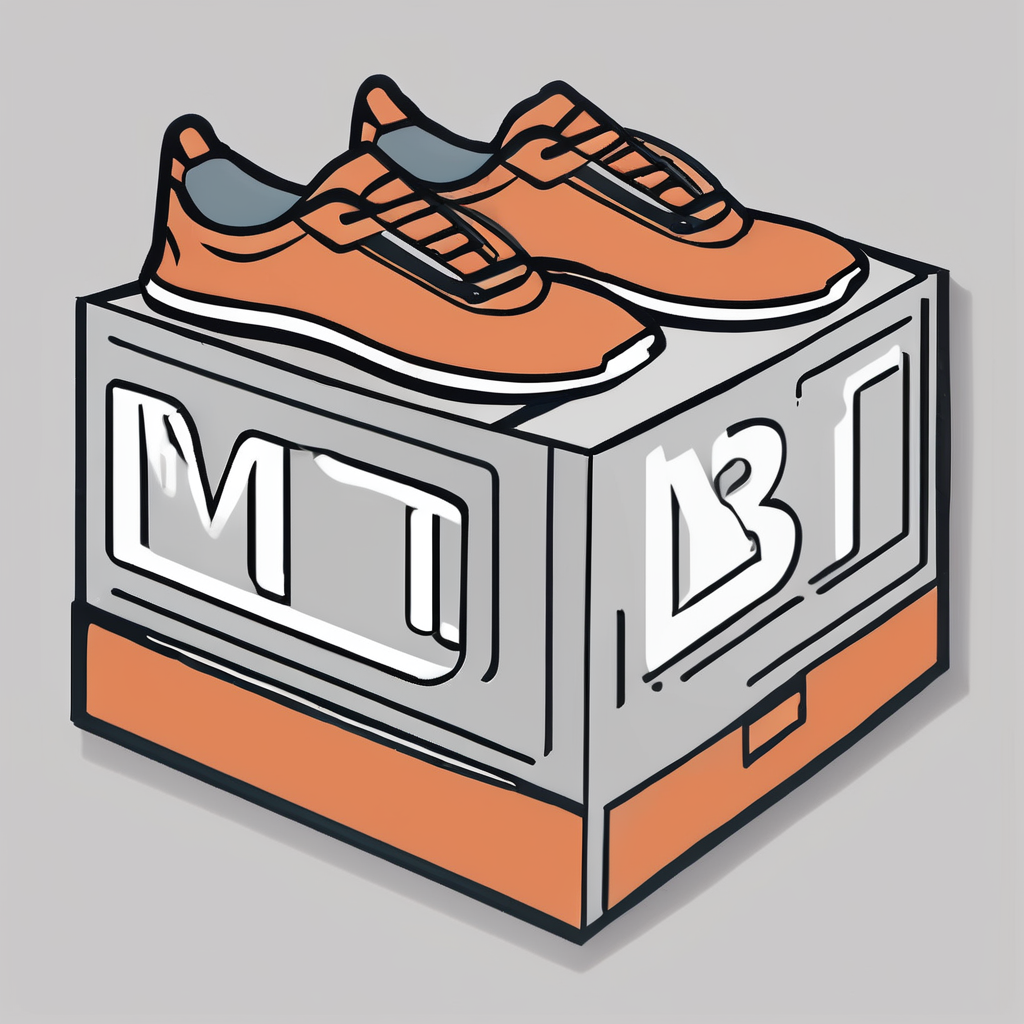The Relationship Between Martial Arts and Mental Health in the UK
Scientific research consistently highlights the benefits of martial arts on mental health, showing a meaningful impact on emotional stability and psychological well-being. Studies reveal that participating in martial arts encourages mindfulness, stress reduction, and increased self-discipline. These factors contribute significantly to improved mental health across diverse populations.
In the UK, leading mental health organisations recognise martial arts as a valuable tool for promoting positive mental health outcomes. They often recommend martial arts programs as part of holistic therapy, noting improvements in confidence, resilience, and social connection among participants.
Also to see : How Can UK Combat Sports Foster Inclusivity?
The impact on well-being includes enhanced self-esteem, reduced anxiety, and better emotional regulation. Martial arts also promote a structured environment where individuals can channel energy and emotions productively. By fostering a sense of achievement and community, martial arts mental health UK initiatives support mental resilience in both young people and adults alike.
The practical benefits manifest not only physically but also mentally, making martial arts a promising approach within the UK’s mental health landscape. This synergy between physical activity and mental health underscores why martial arts remain a powerful ally in empowering mental wellness in the UK.
Topic to read : How Can the Evolution of Combat Sports in the UK Influence Youth Engagement?
Effects of Martial Arts on Stress, Anxiety, and Confidence
Martial arts offer a powerful approach to martial arts anxiety reduction by combining physical activity with mental focus. Research consistently shows that practicing martial arts helps regulate stress hormones, thereby providing effective stress relief. The structured environment and repetitive movements in training help calm the mind and reduce anxiety levels.
Experts in the UK highlight that regular martial arts practice encourages mindfulness and self-discipline, crucial elements for managing anxiety. This practice also promotes resilience against everyday stress by teaching coping skills grounded in control and awareness.
Moreover, confidence through martial arts arises naturally as practitioners master new skills and overcome physical and mental challenges. The incremental progress emphasizes achievement, which boosts self-esteem and personal belief. UK-based instructors often report significant positive transformations in students’ self-confidence, especially among beginners and younger participants.
Case studies reinforce the idea that martial arts serve not only as physical training but as a therapeutic modality, improving emotional well-being. For those seeking to enhance their mental health, exploring martial arts as a route for stress relief and confidence through martial arts development represents an accessible, expert-endorsed option.
Real-life Experiences and Case Studies in the UK
Personal experiences from martial arts success stories UK highlight transformative impacts on mental health. Many participants share how engaging in disciplines like judo or karate helped them gain confidence, reduce anxiety, and cope with stress. These firsthand accounts often emphasize the balance martial arts provide between physical activity and mental discipline, fostering resilience.
Instructors across the UK corroborate these benefits, noting improvements in focus and emotional regulation among their students. Mental health case studies reveal that structured martial arts programs can serve as effective adjunct therapies, especially for young people facing challenges such as depression or social isolation. Practitioners often report enhanced self-esteem and reduced symptoms following consistent training.
Several UK-based programs, including community centers and charity initiatives, integrate martial arts into mental health support frameworks. These programs combine physical training with psychological support, demonstrating measurable positive mental health outcomes. Such evidence strengthens the understanding that martial arts are more than just physical exercise; they are valuable tools promoting holistic well-being, widely recognized in the UK martial arts success stories.
Types of Martial Arts Available and How to Get Started in the UK
When exploring martial arts UK classes, several types stand out. Among the most popular are Karate, Judo, Taekwondo, and Brazilian Jiu-Jitsu. Each offers unique physical and mental benefits, catering to different goals. Karate and Taekwondo emphasize striking and discipline, great for boosting confidence and focus. Judo and Brazilian Jiu-Jitsu center on grappling and technique, which can improve patience and stress management.
Choosing the right types of martial arts depends largely on your mental health needs. For example, if reducing anxiety is a priority, arts like Tai Chi offer gentle, flowing movements improving calmness. For building resilience and assertiveness, more dynamic classes like Kickboxing might be appropriate.
To find trusted martial arts UK classes, start with local community centers or established gyms that are part of recognized federations. Look for instructors with certified qualifications and positive reviews from students. Attending a trial class is beneficial to gauge the teaching style and environment, ensuring you feel comfortable and supported when joining martial arts UK programs.
By focusing on your personal goals and choosing well-regarded martial arts UK classes, the journey becomes both safe and rewarding.
Supporting Mental Health: Resources and Further Reading
When exploring UK mental health support for martial arts practitioners, connecting with trusted organisations is crucial. Many specialise in combining physical activity with emotional wellbeing, providing tailored assistance for martial artists. These groups often offer workshops, counselling, and community events focused on enhancing both mental health and martial skills.
For those seeking further help, numerous martial arts resources exist online and locally. These include forums where practitioners share experiences related to stress management, anxiety relief, and motivation through martial arts. Local clubs may also host mental health sessions or signpost to professional services geared towards the unique pressures martial artists face.
Delving deeper, further reading mental health can enrich understanding of how martial arts impact psychological wellbeing. Recommended texts cover topics such as mindfulness in combat, resilience building, and the science behind exercise and mental health improvement. Such resources empower practitioners to integrate mental health practices into training, fostering holistic wellness.
Engaging with these avenues nurtures a supportive environment for martial artists, blending physical discipline with vital mental health support. This synergy enhances not only performance but overall quality of life.


